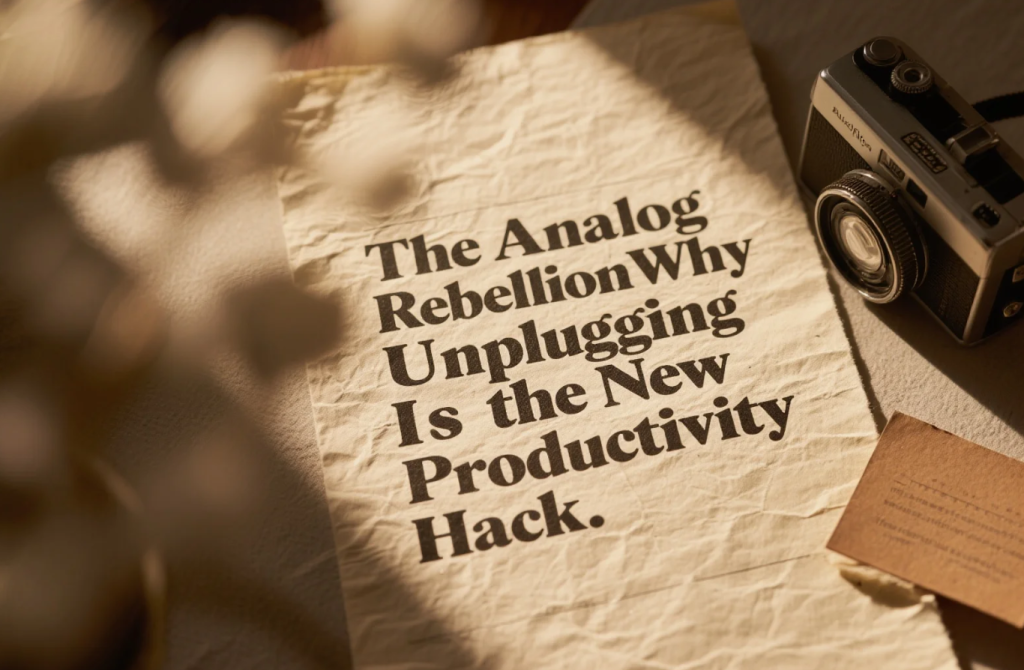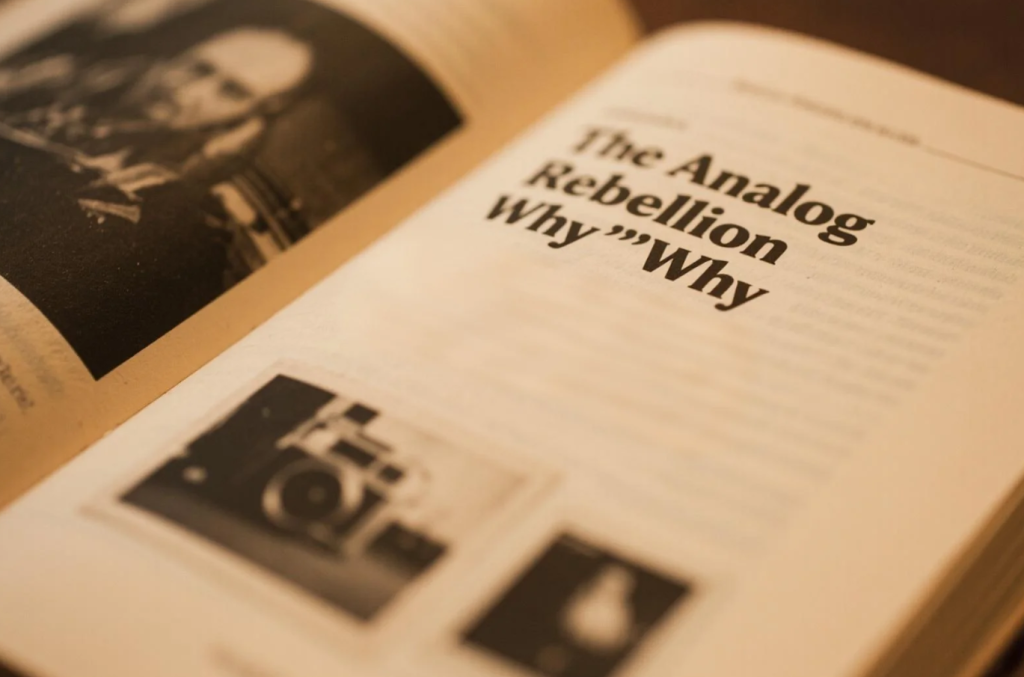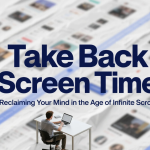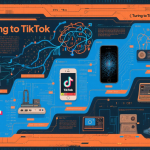The Analog Rebellion – Why Unplugging Is the New Productivity Hack
Silence Isn’t Empty, It’s Full of Answers
In an age when our devices never stop buzzing, and our eyes constantly flicker from one screen to another, doing nothing seems rebellious. Yet in that rebellion lies the key to true productivity, creativity, and sanity. The Analog Rebellion is not a nostalgic yearning for the past—it’s a forward-thinking, radical approach to reclaiming control, focus, and depth in an overstimulated world.
From Efficiency to Exhaustion – How We Got Here
The original promise of technology was efficiency. Digital calendars, reminders, and apps were supposed to save time. But somewhere along the way, time-saving tools became time-consuming traps. Now, instead of giving us freedom, technology schedules every waking moment, infiltrates our thoughts, and even invades our dreams. We’re working more, resting less, and struggling to think deeply or even be alone with our minds.
What we face is not a lack of tools but a crisis of intention. Every ping and flash fractures our attention, replacing quality with quantity. Our devices promise to do more, but the cost is our ability to think clearly and live fully.
Productivity Without Peace Is a Lie
You can be busy without being effective. You can answer hundreds of emails, juggle ten projects, and still go to bed feeling hollow. That’s because true productivity is not about speed or output—it’s about meaningful progress. And meaningful work requires clarity, rest, and sustained focus.
When we remove the noise, we uncover the signal. Productivity doesn’t come from doing more; it comes from doing what matters, deeply. That’s why some of the world’s most creative thinkers—from authors to architects—embrace analog rituals: morning walks, handwritten journals, and silent afternoons.
The Science of Stillness
Neuroscience backs it up: constant digital interaction diminishes gray matter in parts of the brain responsible for empathy, memory, and decision-making. In contrast, silence and analog activities—like reading printed books, painting, or simply sitting in nature—activate regions linked to insight, emotional regulation, and long-term thinking.
When your brain isn’t overloaded, it starts to synthesize information in powerful ways. That’s why your best ideas don’t come while checking Slack but while showering or walking. Unplugging isn’t just relaxing—it’s deeply productive.
Section 4: Analog Habits That Change Everything

- Start with Morning Stillness: Before checking your phone, take 15 minutes with a pen and paper. Write whatever comes to mind. This trains your brain to prioritize internal signals over external noise.
- Use Paper for Planning: A paper planner forces you to slow down and think. It limits the chaos of notifications and helps you visualize your day as a coherent whole.
- Set Tech-Free Zones: Declare your bedroom, dining table, and bathroom screen-free. This gives your brain predictable pockets of peace.
- Create with Your Hands: Bake bread, sketch, garden, fix something. These activities reconnect you to the physical world and restore a sense of agency.
- Have One Boring Hour a Day: No screens. No podcasts. No agenda. Just you, your mind, and reality. This is where breakthroughs are born.
Analog Isn’t Anti-Tech – It’s Pro-Choice
This isn’t a crusade against technology. It’s a movement for conscious tech use. Analog rebellion is about using digital tools intentionally—only when they enhance, not hijack, your time and attention. It’s a reset button for your habits, your brain, and your well-being.
Digital tools should assist you, not addict you. They should enhance relationships, not replace them. Analog habits restore your ability to choose how you spend your hours, your energy, your life.
Stories of the Unplugged Elite
Consider best-selling authors who write their manuscripts longhand. CEOs who schedule daily walks without devices. Artists who disconnect during creative bursts. These aren’t romanticized anecdotes—they’re strategic moves by people who understand the value of undivided attention.
Many high performers don’t merely reduce screen time—they replace it with analog rituals that sharpen their minds and soothe their nerves. You can too.
The New Cool Is Being Offline

Forget FOMO. The real fear should be missing out on your own life. Every hour spent compulsively connected is an hour not spent connecting with what really matters—your values, your passions, your people.
Offline is becoming a status symbol. Not because it’s trendy, but because it signals sovereignty over time. The truly free aren’t those with unlimited internet—they’re the ones who can walk away from it.
Start Your Rebellion Today
You don’t need to delete everything or move to a cabin in the woods. Start by doing one analog thing every day. Let it be simple: a walk, a notebook, a book without a backlight. Watch what happens.
This is your invitation to the Analog Rebellion. Reclaim your time, protect your mind, and rediscover the joy of being fully present. Not for nostalgia, but for your future.


